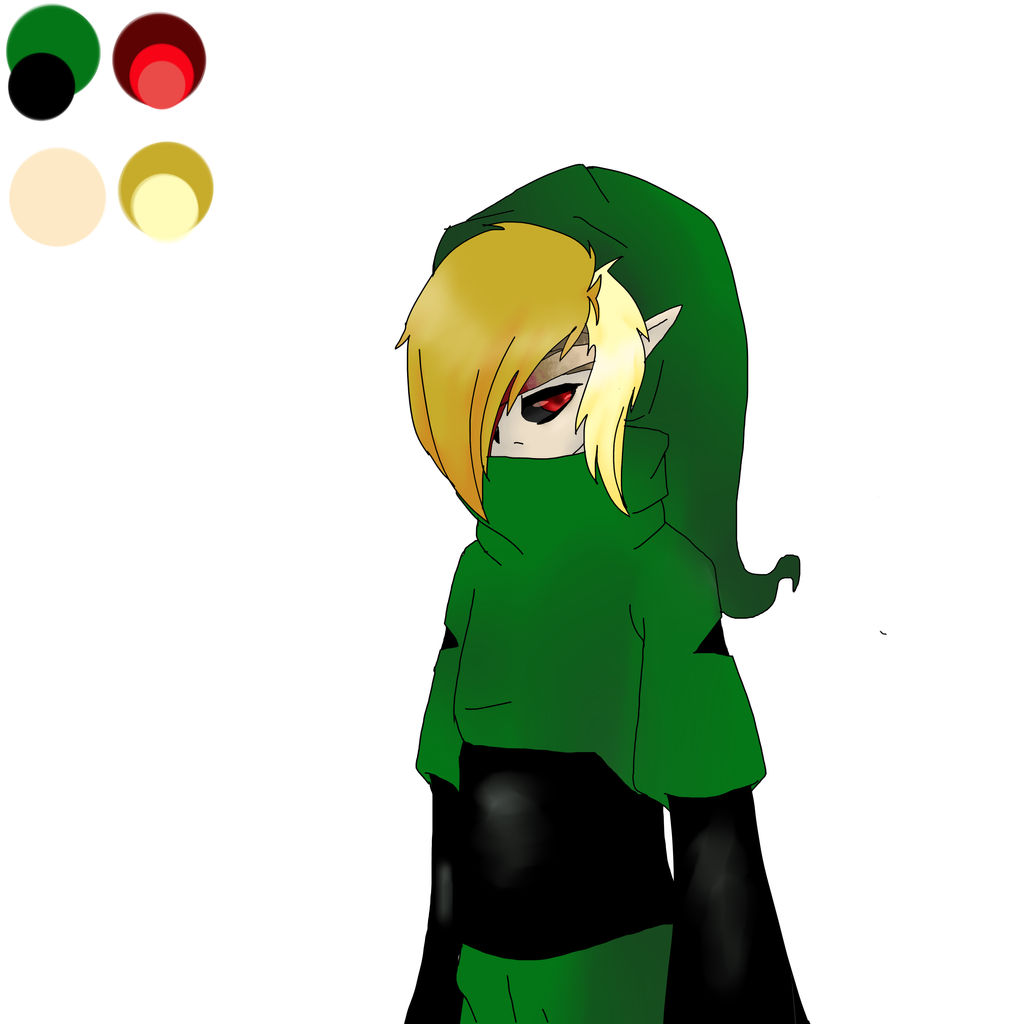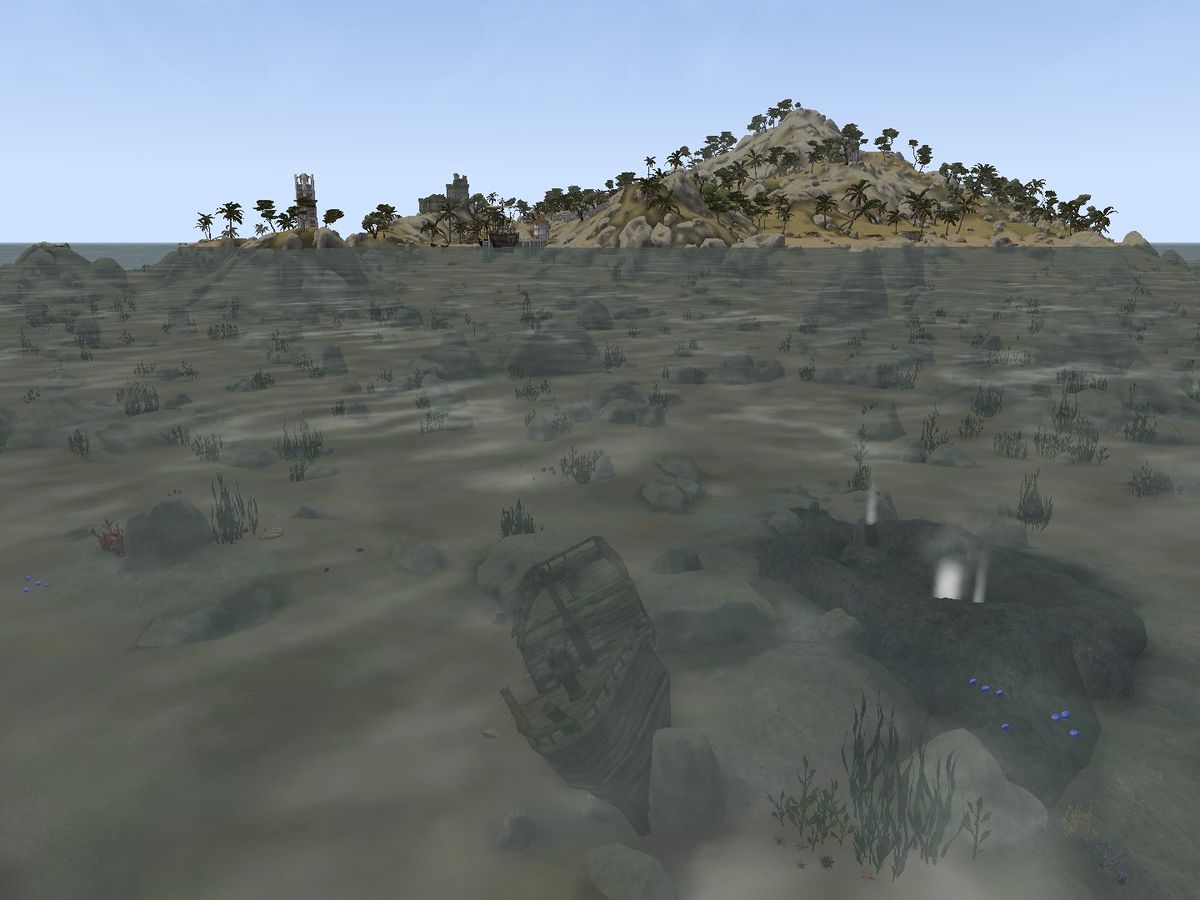Life, you know, sometimes throws us curveballs, and there are moments when things just don't go as planned, leading to situations that can be really tough to think about, particularly when we hear about something being brought down or, perhaps, something becoming submerged. It's a sobering thought, actually, when we consider the various ways events can unfold, bringing about unexpected ends for people or things.
We often encounter words that describe these difficult occurrences, like "downed," which can mean a whole lot of different things, from a person being made to drop to the ground, maybe by someone else, or even something much bigger, like an aircraft, being forced out of the sky. It's a word that carries a certain weight, a sense of finality, and, you know, it often points to an event that's not quite what anyone hoped for.
And then there's the concept of being "drowned," which, in a way, often goes hand-in-hand with things that are brought down, especially if water is involved, like a plane ending up in the sea. These terms, while seemingly simple, describe scenarios that can be truly impactful, leaving us to ponder the forces at play and, perhaps, the sheer unpredictability of certain situations. So, what exactly do these terms mean when we talk about them in a broader sense?
- David Epps
- Sinead Oconnor Catholic Church
- Auntie Annes Mothers Day
- Irving Movies
- Zac Brown Band Beautiful Drug
Table of Contents
- What Does It Mean When Something Is Downed?
- The Link Between Downed and Drowned- Is There One?
- How Do We Talk About Being Downed?
- What Happens When Things Are Downed?
- The Gravity of Downed Incidents
- Considering the Impact of Downed Events
- Why Do We Need to Understand Downed and Drowned?
- The Broader Picture of Downed and Drowned
What Does It Mean When Something Is Downed?
When we hear the word "downed," it typically points to an action where something or someone is made to go from a higher position to a lower one, or simply made to fall. It's a word that can carry quite a bit of weight, honestly, depending on the situation. We see it used in a few different ways, each with its own kind of feeling attached. For instance, it could be about a person being put on the ground, or it could refer to a large machine being brought out of the air. It's a term that covers a pretty wide range of events, from something happening quickly and unexpectedly to something that's part of a planned action. So, in some respects, it's about a change in position, often one that's not reversible in that immediate moment.
When a Person is Downed
Consider for a moment what it means when a person is "downed." The words we use can paint a pretty clear picture. For example, there's the situation where a law enforcement officer might need to bring a person of interest to the ground, especially if that individual is holding weapons and posing a risk. This act of "downing" someone in such a context is usually a quick, decisive move meant to stop a potential threat and ensure safety. It's about gaining control of a situation that could otherwise turn quite dangerous. You know, it’s a serious action with a clear purpose.
Then there’s another scenario, quite different, yet still using that same word: when someone is knocked to the ground. Picture an older person, perhaps, who is approached by a wrongdoer, and when they don't give up their belongings, they are forcefully pushed over. This kind of "downing" is an act of aggression, a sudden, hurtful event that leaves someone vulnerable and on the ground, often without any way to resist. It highlights the suddenness and unfairness of such an attack, leaving the person in a difficult spot. It's a rather stark contrast to the first example, showing the different ways a person can be brought low.
- Beaches In Milwaukee
- Charleston Sc Emma Navarro
- Halloween Tyra Banks
- Brandon Elementary
- Jefferson Fisher Wife
When an Object is Downed
The term "downed" also applies to objects, particularly things that fly. Think about aircraft, for example. We hear about "two jet fighters were downed." This means these powerful flying machines, designed to soar through the sky, were somehow forced to descend, often crashing. It suggests an event that is sudden and, very, very likely, not part of their intended flight path. The act of something being "downed" in this sense implies a loss of control, a forced ending to its flight, which can be due to various reasons, but always results in it coming out of the air. It's a pretty impactful word when used in this context, signaling a significant incident.
Another example, one that brings a real sense of sadness, is when we talk about a large passenger plane, like the Egypt Air flight 804, which, as a matter of fact, may have been brought down over the big expanse of the Mediterranean Sea. This kind of event, where an aircraft is "downed," is a truly tragic reminder of how vulnerable even the most advanced machines can be. It speaks to the possibility of external forces, like malicious acts, causing something to fall from the sky. It's a stark thought, honestly, that something so high up could be forced to descend so suddenly and unexpectedly, leading to a terrible outcome. The very idea of it carries a profound sense of loss.
The Link Between Downed and Drowned- Is There One?
The phrase "downed and drowned" suggests a connection, doesn't it? While "downed" refers to something being brought down, "drowned" typically refers to the tragic outcome of being submerged in water and losing life or being completely covered by it. So, how do these two ideas connect? Well, if something is "downed" into a body of water, like an aircraft falling into the sea, then the act of being "downed" can directly lead to it being "drowned," meaning it becomes fully submerged and lost beneath the surface. It's a pretty direct consequence, in a way, when the fall ends in water. The act of coming down meets the reality of the watery depths.
For instance, if an aircraft is "downed" over the Mediterranean Sea, as was mentioned, the natural consequence is that it would become "drowned" in the sea. This means it wouldn't just land, but would sink, becoming completely enveloped by the water. The sea, in this case, becomes the final resting place, and the act of being "downed" initiates the process of being "drowned." It's a sad sequence of events, really, where one action directly leads to another, often with devastating results. The water, quite simply, takes over, making recovery a significant challenge. So, yes, there is often a very clear link between being brought down and then being covered by water.
How Do We Talk About Being Downed?
When we talk about something being "downed," the language we use often reflects the seriousness and the nature of the event. It's not a casual term; it usually points to something significant, something that has a lasting impact. The words themselves, like "downed," carry a certain weight, implying a forceful or unexpected descent. We might use different phrases depending on whether we're talking about a person, an animal, or a machine, but the core idea of being brought low remains. It's a way to convey that something has ceased to be upright or airborne and has been forced to the ground or into water. Basically, it's about a change in state that is often irreversible in the moment.
Talking About Downed Aircraft
When it comes to aircraft being "downed," the language takes on a particularly grave tone. We speak of "jet fighters were downed" or a passenger flight being "downed over the Mediterranean Sea." These phrases convey a sense of sudden, often violent, termination of flight. The word "downed" here suggests an external force, something beyond the normal operation of the aircraft, causing its fall. It’s not just a landing; it's a forced descent, usually a crash. This terminology helps us grasp the severity of the situation, the unexpectedness, and the potential for tragic loss. It's a way to describe an event that interrupts the normal course of things in a very dramatic fashion, and, you know, it truly highlights the vulnerability of even large flying machines.
The mention of a "combat zone" in relation to "downed" aircraft, too, provides another layer of meaning. In such an area, the act of an aircraft being brought down might be an expected, though still terrible, outcome of conflict. This changes the context a little bit, but the core meaning of "downed" as forced descent remains. It’s about something being made to fall from the sky, often due to hostile actions. The language helps us to distinguish between a mechanical failure and an external intervention. It’s a pretty specific way of describing a very serious kind of incident, showing that the event was not accidental but rather the result of an intentional action, or at least a consequence of a dangerous environment.
The Idea of Something Being Drowned
While "My text" doesn't give a specific definition for "drowned," the pairing of "downed and drowned" implies a connection, especially when water is involved. When we consider something being "drowned," it suggests a complete submersion, a state of being fully covered by water. If an aircraft is "downed" into the sea, for example, it becomes "drowned." This isn't just about landing on the water; it's about sinking beneath the surface, becoming lost to sight. It's a powerful image, really, of something being consumed by the depths. The act of being "drowned" means it's not simply on the surface, but completely enveloped by the liquid, which is a pretty final state for many objects. So, the concept extends beyond just people to anything that can be submerged and lost in water.
The idea of something being "drowned" often carries a sense of finality and irretrievability. Once an object is "drowned," it is usually very difficult, if not impossible, to bring it back to the surface in its original state. This is particularly true for large objects like aircraft. The vastness and depth of the sea mean that anything "drowned" there is likely to remain hidden, perhaps forever. It's a concept that evokes a sense of loss and the power of natural elements. So, when we talk about something being "downed and drowned," we're really talking about a sequence of events where a fall leads to a complete and often permanent submersion. It's a very clear progression of unfortunate circumstances.
What Happens When Things Are Downed?
When something is "downed," a series of immediate and often dramatic events unfold. For a person, being "downed" means an abrupt loss of balance and control, leading to contact with the ground. This could be a controlled action, like a police officer securing a person, or a violent one, like a mugger knocking someone over. In either case, the immediate result is a change in their physical state and vulnerability. It's a moment of sudden impact, which, you know, can have various consequences depending on the force involved and the circumstances. The person's ability to act or move freely is instantly changed, often severely limited. Basically, their upright position is gone.
For objects, especially aircraft, being "downed" means a catastrophic failure of flight. An aircraft that is "downed" doesn't just gently descend; it typically crashes. This involves a rapid, uncontrolled fall from the sky, often with significant damage upon impact. If it's "downed" over land, there's a crash site. If it's "downed" over water, like the Mediterranean Sea, it will not only crash but also become "drowned," sinking beneath the waves. The immediate aftermath is usually chaos, debris, and a very serious situation that requires immediate attention. It's a pretty stark and sudden end to what was once a controlled flight, showing the raw power of such events. The sheer force involved is something to consider.
The Gravity of Downed Incidents
The gravity of "downed" incidents is something that can't be overstated. When a person is brought down, whether by law enforcement or by an aggressor, there are immediate physical and emotional consequences. In the case of a suspect being secured, it's about control and safety, preventing further harm. But for someone like an old lady being knocked down, it's a deeply distressing and potentially injurious event that leaves them feeling helpless and hurt. The impact of such a moment, you know, can last for a long time, affecting their sense of security and well-being. It's a very personal and immediate kind of seriousness that hits close to home for anyone who hears about it. The vulnerability is quite clear.
When it comes to aircraft being "downed," the seriousness expands to a much larger scale. The loss of jet fighters, for instance, represents a significant blow, especially in a "combat zone," impacting national capabilities and operations. But the "downing" of a passenger flight, like Egypt Air flight 804, is a tragedy of immense proportions, involving the loss of many lives and causing widespread grief and concern. These events are not just about machines failing; they are about the human cost, the investigations that follow, and the lasting questions about safety and security. It's a truly heartbreaking reminder of how fragile life can be, and the sheer scale of the sorrow involved is, honestly, quite immense. The impact resonates far and wide.
Considering the Impact of Downed Events
The impact of "downed" events stretches far beyond the immediate moment. For individuals, being brought down can lead to physical injuries, of course, but also to emotional trauma that lingers. The feeling of being vulnerable, of having one's personal space violated, or of simply being unable to stand can affect a person's daily life and confidence. It's a profound disruption to their sense of normalcy, and, perhaps, it changes how they view the world around them. The psychological effects, you know, can be just as significant as the physical ones, making recovery a complex process that takes time and care. So, it's not just a momentary fall, but something that leaves a lasting mark on a person.
For larger incidents, like the "downing" of an aircraft, the impact is felt across communities and even nations. There's the immediate shock and grief for those directly affected, the families and friends of those on board. Then there are the extensive investigations to figure out what happened, why it was "downed," and how to prevent similar events. This involves a lot of people, a lot of resources, and a very thorough process to piece together the facts. The ripple effects can influence travel safety measures, security protocols, and even international relations, especially if the "downing" is suspected to be a malicious act. It's a really far-reaching kind of consequence, shaping policies and perceptions for years to come. The scale of the impact is quite broad.
Why Do We Need to Understand Downed and Drowned?
Understanding the terms "downed" and "drowned" is important for several reasons, honestly. First, it helps us accurately describe and comprehend serious events when they occur. Using precise language allows for clearer communication about what happened, whether it's a person being brought to the ground or an aircraft falling from the sky. This clarity is quite important for official reports, news coverage, and simply for people to grasp the reality of a situation. It's about getting the facts straight, you know, and making sure everyone is on the same page about the nature of the incident. Without a clear understanding, confusion can easily
- Whitney Martin Wedding
- Kate Cumming
- Jefferson Fisher Wife
- Gronkowski Commercials
- Dominik Mysterio And Rhea Ripley Together


